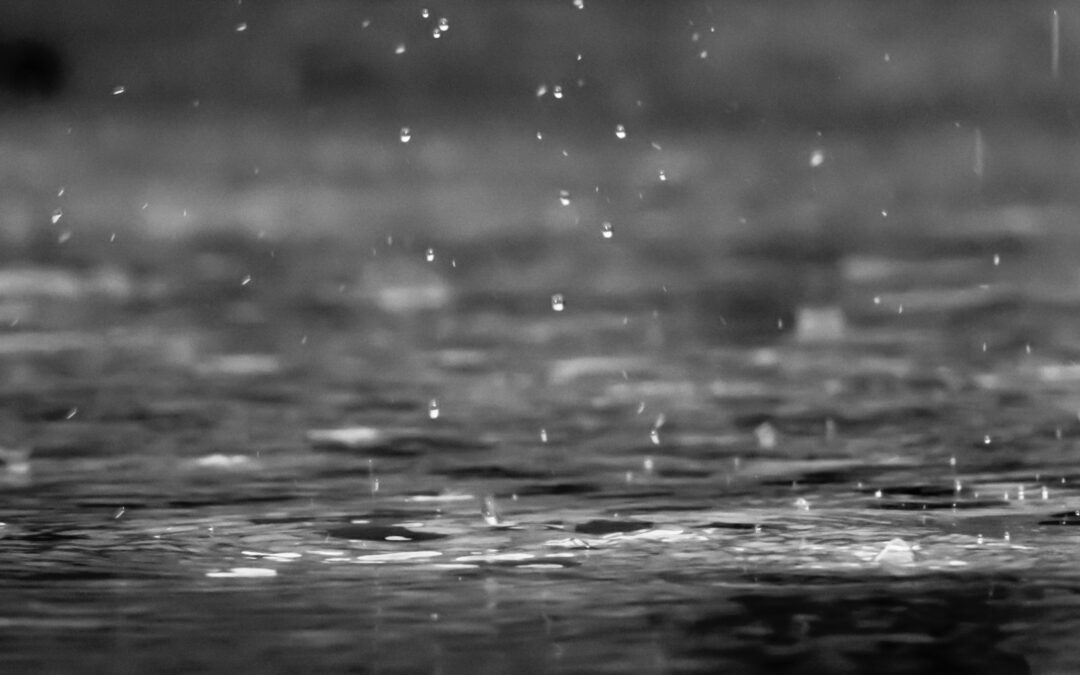As I drive one morning to a preaching engagement, eastern sunlight gilds a foggy mist rising from the lawn on my left. Similar vapor ascends from a creek on the right. It is not fog, not a cloud: it gathers only above bodies of water or dew-laden lawns, returning to the air what formerly distilled, drizzled, or dripped from above.
After God blesses the land again with rain, David uses a thunderstorm to describe God’s power descending: “He bowed the heavens and came down; thick darkness was under his feet. He rode on a cherub and flew; he came swiftly on the wings of the wind. He made darkness his covering, his canopy around him, thick clouds dark with water.” 2 Samuel 22 and Psalm 18 each recount the song.
Mercy also descends from heaven, as James says it: “But the wisdom from above is first pure, then peaceable, gentle, open to reason, full of mercy and good fruits, impartial and sincere.”
The rain cycle may convince us that the earth always returns what descends from above. But one reasonable estimate is that less than 1 part in 100,000 of earth’s water is in the atmosphere. Water has come to us, to our land, from the fiat of God’s voice at creation; from comets and meteorites, thunderstorms and dews since. In a given moment, the world has returned to the sky only .001 percent of what inundates us as life’s gift and the land’s blessing.
When God’s power descends, the only appropriate response is humility. David says it in the same Psalm: “You save a humble people, but the haughty eyes you bring down.” When mercy descends, we return gratitude and praise, as in the commission of Hebrews: “…let us continually offer up a sacrifice of praise to God, that is, the fruit of lips that acknowledge his name.”
This week, may a mist of humility and gratitude rise from us to meet the power and mercy descending from above.

